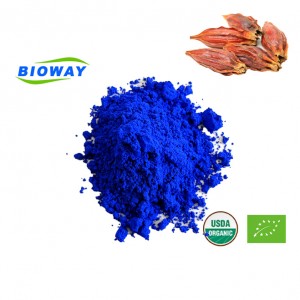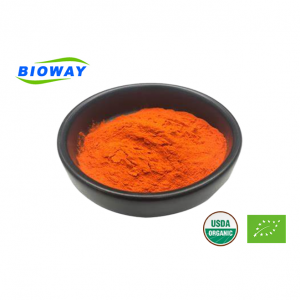Cape Jasmine Crocin Powder
Cape Jasmine Crocin Powder is derived from the Gardenia jasminoides plant. Crocin is a natural carotenoid compound responsible for the yellow color of the plant. It is obtained through the extraction and purification of crocin from the Gardenia jasminoides plant.
Crocin powder has been studied for its potential health benefits, including antioxidant properties, anti-inflammatory effects, and potential therapeutic effects on various health conditions. It is also used in traditional medicine and herbal remedies due to its potential health-promoting properties.
| Product Name | Gardenia Jasminoides Extract |
| Latin Name | Gardenia jasminoides Ellis |
| Item | Specification | Results | Methods |
| Compound | Crocetin 30% | 30.35% | HPLC |
| Appearance & Color | Orange Red powder | Conforms | GB5492-85 |
| Odor & Taste | Characteristic | Conforms | GB5492-85 |
| Plant Part Used | Fruit | Conforms | |
| Extract Solvent | Water & Ethanol | Conforms | |
| Bulk Density | 0.4-0.6g/ml | 0.45-0.55g/ml | |
| Mesh Size | 80 | 100% | GB5507-85 |
| Loss on Drying | ≤5.0% | 2.35% | GB5009.3 |
| Ash Content | ≤5.0% | 2.08% | GB5009.4 |
| Solvent Residue | Negative | Conforms | GC |
| Ethanol Solvent Residue | Negative | Conforms | |
| Heavy Metals | |||
| Total Heavy Metals | ≤10ppm | <3.0ppm | AAS |
| Arsenic (As) | ≤1.0ppm | <0.2ppm | AAS(GB/T5009.11) |
| Lead (Pb) | ≤1.0ppm | <0.3ppm | AAS(GB5009.12) |
| Cadmium | <1.0ppm | Not Detected | AAS(GB/T5009.15) |
| Mercury | ≤0.1ppm | Not Detected | AAS(GB/T5009.17) |
| Microbiology | |||
| Total Plate Count | ≤5000cfu/g | Conforms | GB4789.2 |
| Total Yeast & Mold | ≤300cfu/g | Conforms | GB4789.15 |
| Total Coliform | ≤40MPN/100g | Not Detected | GB/T4789.3-2003 |
| Salmonella | Negative in 25g | Not Detected | GB4789.4 |
| Staphylococcus | Negative in 10g | Not Detected | GB4789.1 |
| Packing and Storage | 25kg/drum Inside: Double-deck plastic bag, outside: Neutral cardboard barrel & Leave in the shady and cool dry place |
||
| Shelf Life | 3 Years When Stored properly | ||
| Expiration Date | 3 Years | ||
| Note | Non-Irradiation&ETO, Non-GMO, BSE/TSE Free | ||
1. High-quality raw source to ensuring purity and potency;
2. Standardized Crocin Content;
3. Bulk Packaging Options to accommodate larger quantities for commercial use;
4. Quality Assurance under international strict standards;
5. Competitive Factory Pricing;
6. Application Versatility for food and beverage, cosmetics, pharmaceuticals, and nutraceuticals;
7. Better cost-effectiveness than Saffron Crocin;
8. Abundant raw materials easy to obtain, which may help ensure a stable supply of crocin;
9. Not a product under endangered control.
1. Antioxidant Properties;
3. Anti-Inflammatory Effects;
4. Potential Neuroprotective Effects;
5. Cardiovascular Support
6. Liver Health;
7. Anti-Cancer Potential.
1. Nutraceuticals and Dietary Supplements;
2. Functional Foods and Beverages;
3. Cosmeceuticals and Skincare Products;
4. Pharmaceutical Formulations;
5. Research and Development.
Storage: Keep in a cool, dry, and clean place, Protect from moisture and direct light.
Bulk Package: 25kg/drum.
Lead Time: 7 days after your order.
Shelf Life: 2 years.
Remark: Customized specifications also can be achieved.
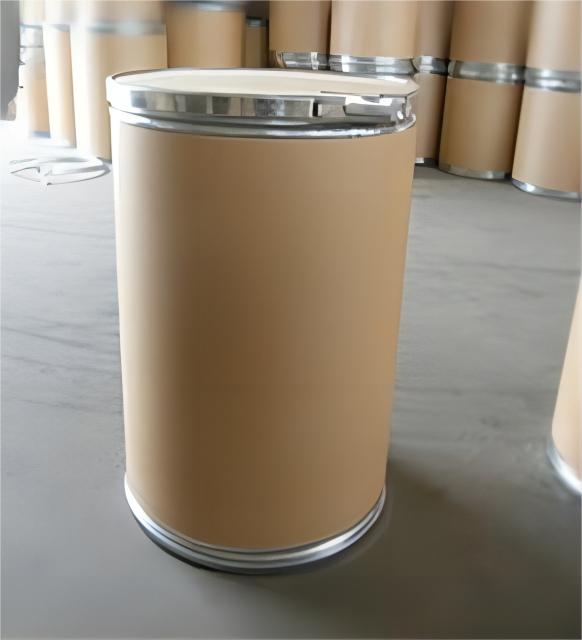
25kg/case
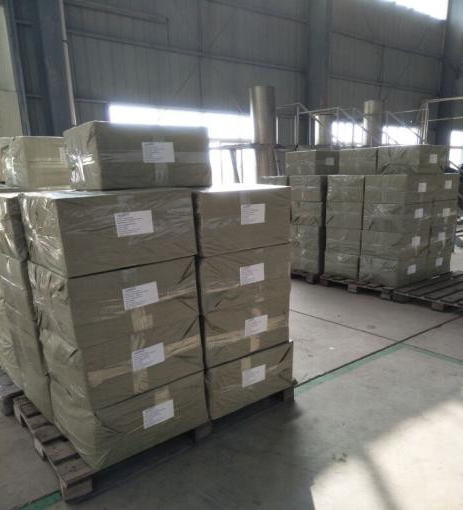
Reinforced packaging
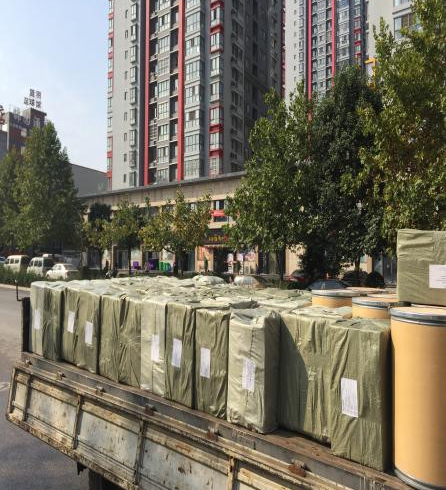
Logistics security
Express
Under 100kg, 3-5Days
Door to door service easy to pick up the goods
By Sea
Over300kg, Around 30 Days
Port to port service professional clearance broker needed
By Air
100kg-1000kg, 5-7Days
Airport to airport service professional clearance broker needed

Bioway gains certifications such as USDA and EU organic certificates, BRC certificates, ISO certificates, HALAL certificates, and KOSHER certificates.

Gardenia jasminoides and jasmine are two distinct plants with different characteristics and uses:
Gardenia jasminoides:
Gardenia jasminoides, also known as Cape jasmine, is a flowering plant native to East Asia, including China.
It is valued for its fragrant white flowers and is often cultivated for ornamental purposes and traditional medicinal uses.
The plant is known for its use in traditional Chinese medicine, where its fruit and flowers are used to prepare herbal remedies.
Jasmine:
Jasmine, on the other hand, refers to a group of plants from the genus Jasminum, which includes a variety of species such as Jasminum officinale (common jasmine) and Jasminum sambac (Arabian jasmine).
Jasmine plants are known for their highly fragrant flowers, which are often used in perfumery, aromatherapy, and tea production.
Jasmine essential oil, extracted from flowers, is widely used in the fragrance industry and for its therapeutic properties.
In summary, while both Gardenia jasminoides and jasmine are prized for their aromatic qualities, they are distinct plant species with different botanical characteristics and traditional uses.
The medicinal properties of Gardenia jasminoides are diverse and have been recognized in traditional medicine for centuries. Some of the key medicinal properties associated with Gardenia jasminoides include:
Anti-Inflammatory Effects: Compounds found in Gardenia jasminoides have been studied for their potential anti-inflammatory properties, which may be beneficial in managing inflammatory conditions and related symptoms.
Antioxidant Activity: Gardenia jasminoides contains bioactive compounds that exhibit antioxidant effects, helping to combat oxidative stress and protect cells from damage caused by free radicals.
Liver Protection: Traditional medicinal uses of Gardenia jasminoides include its potential to support liver health and function. It is believed to have hepatoprotective properties, aiding in the protection and regeneration of liver cells.
Calming and Sedative Effects: In traditional Chinese medicine, Gardenia jasminoides is often used for its calming and sedative properties, which may help in managing stress, and anxiety, and promoting relaxation.
Digestive Support: Some traditional uses of Gardenia jasminoides involve its potential to support digestive health, including alleviating symptoms such as indigestion and promoting healthy digestion.
Antimicrobial and Antiviral Properties: Compounds derived from Gardenia jasminoides have been investigated for their potential antimicrobial and antiviral activities, suggesting possible benefits in combating certain infections.
It’s important to note that while Gardenia jasminoides has a long history of traditional medicinal use, further scientific research is ongoing to fully understand and validate its medicinal properties. As with any herbal remedy, it’s advisable to consult with a healthcare professional before using Gardenia jasminoides for medicinal purposes.





